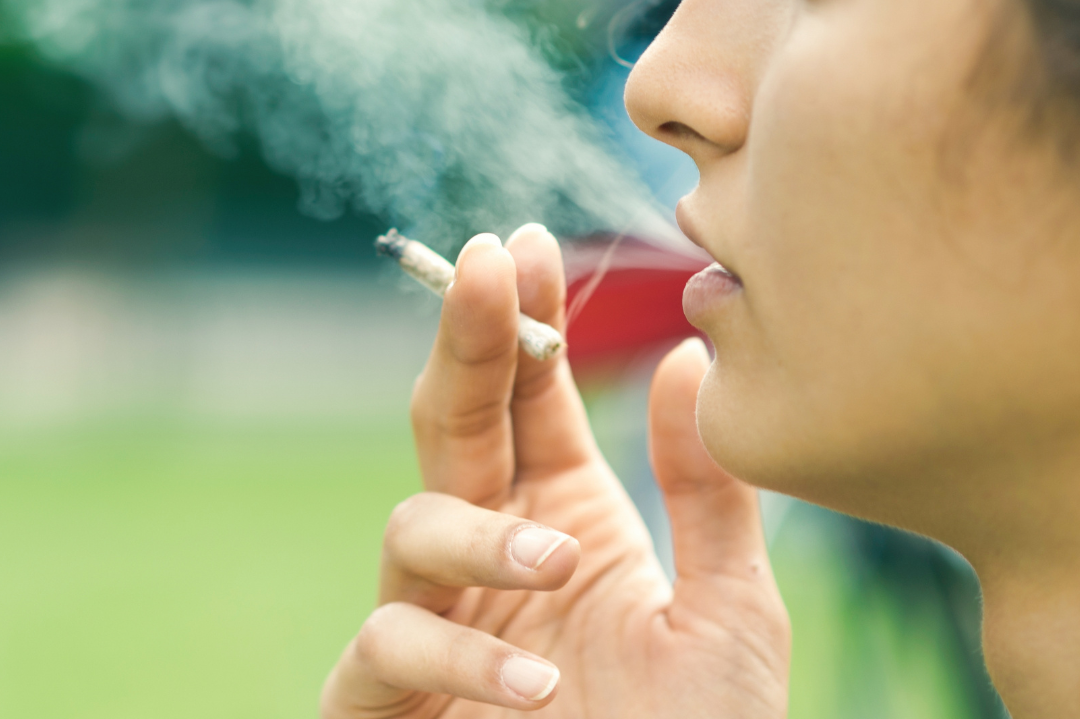Share This Story, Choose Your Platform!
The Smoke Clears: Navigating the Mental Health Maze of Adolescent Cannabis Use in South Africa
Cannabis remains one of the most widely used psychoactive substances globally, with adolescents being one of the most susceptible demographics. In South Africa, cannabis is particularly prevalent, where it is commonly known as “dagga.” Given the recent legislative changes decriminalizing personal cannabis use and cultivation for adults, there is a growing need to examine the mental health implications of this substance, particularly on younger individuals. This essay aims to dissect the mental health effects of cannabis on adolescents, focusing on South Africa as a case study.
South Africa’s cannabis use is among the highest globally, with the substance deeply rooted in various social and cultural practices. The recent decriminalization for personal use in adults has spurred discussions on the potential risks and benefits. However, the focus on adolescents is limited, despite them often being the first-time users (Hurd et al, 2019). Nevertheless, the teenage years are critical for cognitive and emotional development. The consumption of cannabis during this stage may impede brain development and cognitive functions. Studies indicate that early exposure to cannabis can result in lower IQ, deficits in memory, and impairments in attention.
In a collaborative study by Hurd et al. (2019), the authors illuminate that cannabis use is linked to an increase in anxiety and depression among adolescents. This is particularly concerning in a country like South Africa, where there is a substantial burden of mental health disorders, coupled with inadequate healthcare services to manage them. Furthermore, evidence also suggests a strong association between cannabis use and the onset or exacerbation of psychosis or schizophrenia (Schaefer et al., 2022). Given South Africa’s complex socio-economic landscape, which already predisposes young people to higher stress levels, cannabis use could compound the risk of developing these severe mental conditions.
In South Africa, cannabis is easily accessible and often less stigmatized compared to other countries. This cultural attitude may inadvertently make cannabis appear less harmful to adolescents, potentially leading to early initiation and regular use (Manu et al., 2022). The economic disparities and high unemployment rates might also make cannabis a readily available coping mechanism, thus intensifying its mental health impacts.
In navigating the delicate balance between the decriminalization of cannabis for adult use and the imperative to safeguard the well-being of adolescents, it is advisable that the South African government tread with caution. As the issue shifts towards a more liberal stance on cannabis regulation, there is an incumbent responsibility to implement robust policies that specifically protect younger populations from the associated mental health risks. To this end, the role of public health campaigns and educational interventions within schools becomes indispensable. These initiatives must unambiguously underscore the long-term mental health repercussions stemming from cannabis use during adolescence, thereby arming young individuals with the knowledge required to make informed decisions about their well-being.
While this paper has predominantly focused on the adverse mental health effects of cannabis use among adolescents, it is essential to acknowledge counterarguments advocating for the substance’s potential benefits. Some proponents argue that cannabis can serve as an effective coping mechanism for stress and trauma, elements not uncommon in South Africa’s socio-economic context (Heide et al., 2022). They point to studies that suggest cannabis can induce a sense of calm, relieve anxiety, and even provide medicinal advantages such as pain relief. Moreover, they contend that the criminalization of cannabis disproportionately affects marginalized communities, perpetuating a cycle of criminality and hindering adolescents from future opportunities. These perspectives argue for a more nuanced approach to cannabis legislation and education, advocating for harm-reduction strategies rather than blanket prohibition. However, even these viewpoints generally agree that more research is needed, particularly focusing on long-term effects and the impact on adolescent cognitive and mental health.
Cannabis use among adolescents in South Africa is a pressing concern, particularly in light of the recent decriminalization for adults. The substance poses significant risks to the mental health of young individuals, impacting cognitive development, and increasing the likelihood of anxiety, depression, and psychotic disorders. While legislation reflects a more liberal stance on cannabis use in adults, it is crucial for policymakers to focus on mitigating its effects among the country’s youth through public health initiatives and targeted interventions.
Author: Ann Caldwell

References
Heide, F.J., Chang, T., Porter, N., Edelson, E., & Walloch, J. C. (2022). Spiritual Benefit from Cannabis. Journal of Psychoactive Drugs, 54(2), 149–157. https://doi.org/10.1080/02791072.2021.1941443
Hurd, Y.L., Manzoni, O. J., Pletnikov, M. V., Lee, F. S., Bhattacharyya, S., & Melis, M. (2019). Cannabis and the Developing Brain: Insights into Its Long-Lasting Effects. The Journal of Neuroscience, 39(42), 8250–8258. https://doi.org/10.1523/JNEUROSCI.1165-19.2019
Manu, E., Douglas, M., Ntsaba, M. J., Makaula, B., & Tarkang, E. E. (2022). Protective Behavioural Mechanisms Against Cannabis Use Among Adolescents in Cannabis-Growing Settings of South Africa: Insights Into Adolescent Cannabis Use Prevention. Tobacco Use Insights, 15. https://doi.org/10.1177/1179173X221146040
Schaefer, J., Hamdi, N., Jang, S.-K., Iacono, W., Malone, S., McGue, M., Vrieze, S., & Wilson, S. (2022). Using Co-Twin Control Analyses to Estimate the Effects of Adolescent Cannabis Use on Adult Mental Health and Cognitive Functioning. Biological Psychiatry (1969), 91(9), S9–S10. https://doi.org/10.1016/j.biopsych.2022.02.042


